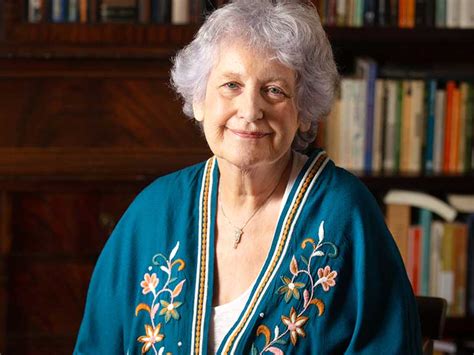A Quote by Alain de Botton
There's a certain kind of insular, old-fashioned, upper-class Britishness that gives me the spooks. I am sure that comes from a boarding-school trauma.
Related Quotes
As I said just now, the world has gone past me. I don't blame it; but I no longer understand it. Tradesmen are not the same as they used to be, apprentices are not the same, business is not the same, business commodities are not the same. Seven-eighths of my stock is old-fashioned. I am an old-fashioned man in an old-fashioned shop, in a street that is not the same as I remember it. I have fallen behind the time, and am too old to catch it again.
I don't know if one's more typecasting than the other, or what I am more like. But I know that the high school I went to was a private school. It was prep school. It was a boarding school. So we didn't have a shop class. We didn't have Saturday detention. We went to school on Saturday. We did have Sunday study, which you very rarely get, because then you have 13 straight days of school. Who wants that?
All these people talk so eloquently about getting back to good old-fashioned values. Well, as an old poop I can remember back to when we had those old-fashioned values, and I say let's get back to the good old-fashioned First Amendment of the good old-fashioned Constitution of the United States - and to hell with the censors! Give me knowledge or give me death!
I was 16 years old, attending boarding school, and I loved Pride and Prejudice. From the opening pages, I loved it. And I will say in my class, not one but two boys told me that I reminded them of Lizzy Bennet. I didn't realize it at the time but this was the nicest thing that any male would ever say to me. This was as good as it got.
Practically everyone I know now is from a middle- or upper-middle-class background, and I no longer have the huge chip on my shoulder that I carried around for so many years. I'm not sure it comes out much in the work, but coming from this kind of background is absolutely central to my identity, to my sense of who I am.





































